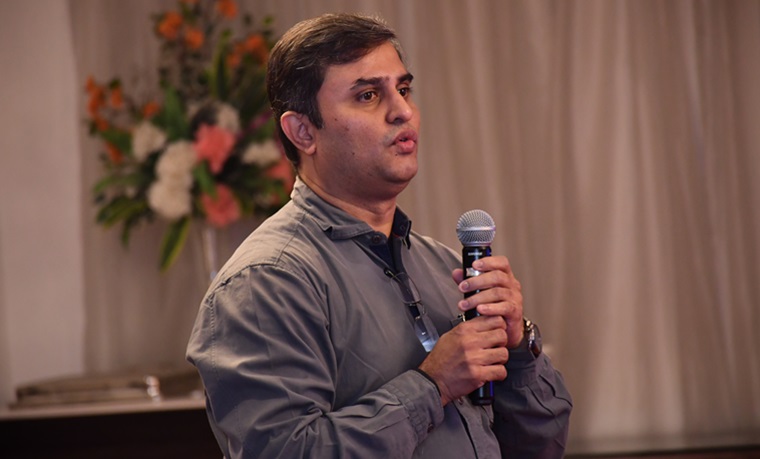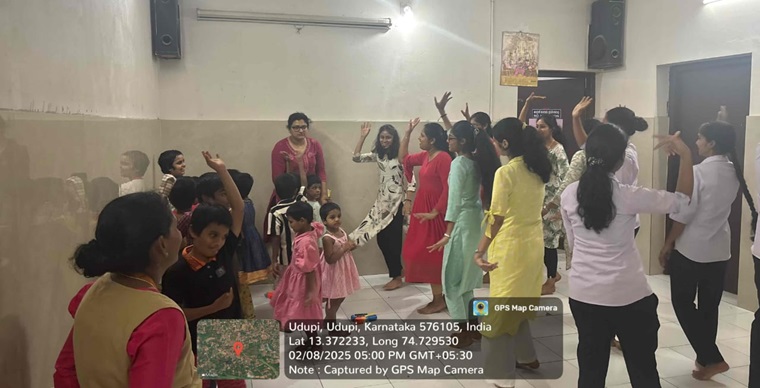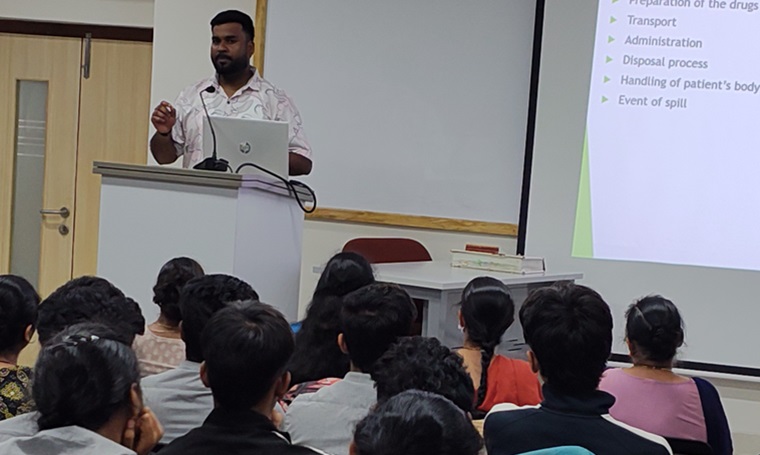When debating ethical problems, the challenges that society still faces are taken into consideration. In times of emergency or in critical care settings where patient safety is of the utmost importance, the administration must be aware of techniques that can keep us at ease while providing care. These strategies include having patient-centered communication, a comfortable environment, continuous feedback and improvement, an interprofessional approach to care, and a supportive attitude from healthcare professionals.
Dr Vikram Palimar, Professor, Department of Forensic Medicine, KMC MAHE, Manipal, and also the Head of the Patient Safety & Sentinel Events Committee of Kasturba Hospital, highlighted the day-to-day patient safety concerns in India that need close attention. Risks in the workplace need innovative solutions. He emphasized documenting unusual incidents, preventing patients from injuries, using correct identifiers, minimizing medication errors, using closed-loop communication, and following hospital standards and protocols can save lives. Fact-finding and fault findings create fear in reporting. A supportive, non-punitive culture will enhance safety, encourage reporting to reduce incidents and morbidity and mortality. Encouraging error reporting without fear and retribution, a non-blaming attitude, regular feedback, a collaborative problem-solving forum, continuous training & support, and data utilization can guide improvements in the system. He said, “Safety isn’t just a policy; it’s our promise to quality care”.
Dr. Judith A. Noronha, Dean of the Manipal College of Nursing, reinforced the significance of prioritizing patient safety as an integral part of quality care, underscoring the policy, "Get it right, make it safe.". Dr Elsa Sanatombi Devi, Professor. MCON, MAHE Manipal welcomed the delegates and the experts and engaged the learners with exciting learning linkages. Mr. Shreenidhi Jogi, a PhD scholar, ignited the participants with his skills of collaborative learning. A total of 48 delegates took part in the workshop. This workshop aligns with Sustainable Development Goal (SDG) 3: Good Health and Well-being, SDG 4: Quality Education, SDG 8: Decent Work and Economic Growth, and SDG 16: Peace, Justice, and Strong Institutions, each of which plays a vital role in ensuring healthy lives and promoting well-being for all. These SDGs collectively highlight the workshop’s broader impact beyond healthcare by enhancing education, improving work environments, and strengthening institutional frameworks. Together, they contribute to improving healthcare outcomes, reducing morbidity, and enhancing the overall quality of life, in line with the global health agenda.











